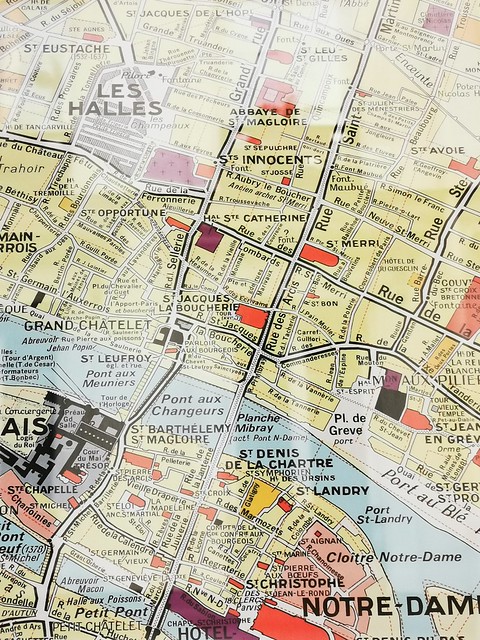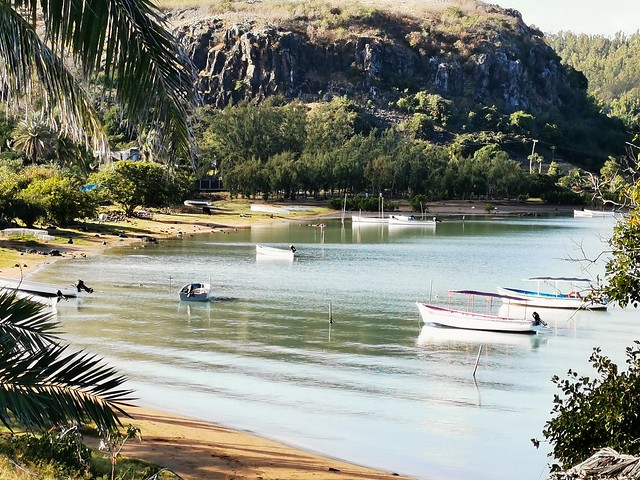Vanier was a French Canadian philosopher who founded the worldwide network of l’Arche communities for people with intellectual disabilities. He died last May at the age of 90.
I remember visiting the L’Arche Genesaret community in Canberra in 1985. I returned in 1990 to record interviews for an ABC radio documentary that won a Human Rights Commission media award later that year.
Vanier’s teaching, which was lived out in the communities, seemed to have particular resonance for me. It was that difference and diversity was to be celebrated and not shunned.
Vanier’s fall from grace does not change anything about my appreciation of his message. Instead it has me reflecting on the very human practice of idolising people whose values we like, and how our idolisation can set them on a path towards the destruction of themselves and others, in addition to bringing discredit to their message.
The US Jesuit writer James Martin said after Vanier’s death that ‘[Vanier] and Mother Teresa were the avatars for Catholics’. In using the word avatar, Martin was referring not to the icons used to identify us in social media but rather the incarnation of gods in Hindu mythology.
Treating people like gods tends to have unintended consequences. In Vanier’s case, it seems to have made him a cult leader, complete with an adoring and unquestioning constituency and loyal deputies.
In his case, I think we have to ask why the loyal deputies did not see and report the signs that he was abusing the six women.
But we can’t lay all the blame on the deputies. I suspect we would act in the same way if we were in the shoes of the deputies because our religious and celebrity cultures ordain certain people and treat them with deference.
‘Ordain’ in this sense does not necessarily refer to religious priesthood, and sexually-abusing celebrities such as Michael Jackson are every bit as ‘ordained’ as Catholic priests who abuse their power and sexually exploit their subjects.
I think that we have to admit we are party to abuse of the power that comes with ordination if we don’t call it out when we suspect it. We are doing both the perpetrator and victim a profound disservice, not to mention the message that has drawn us in the first place.







